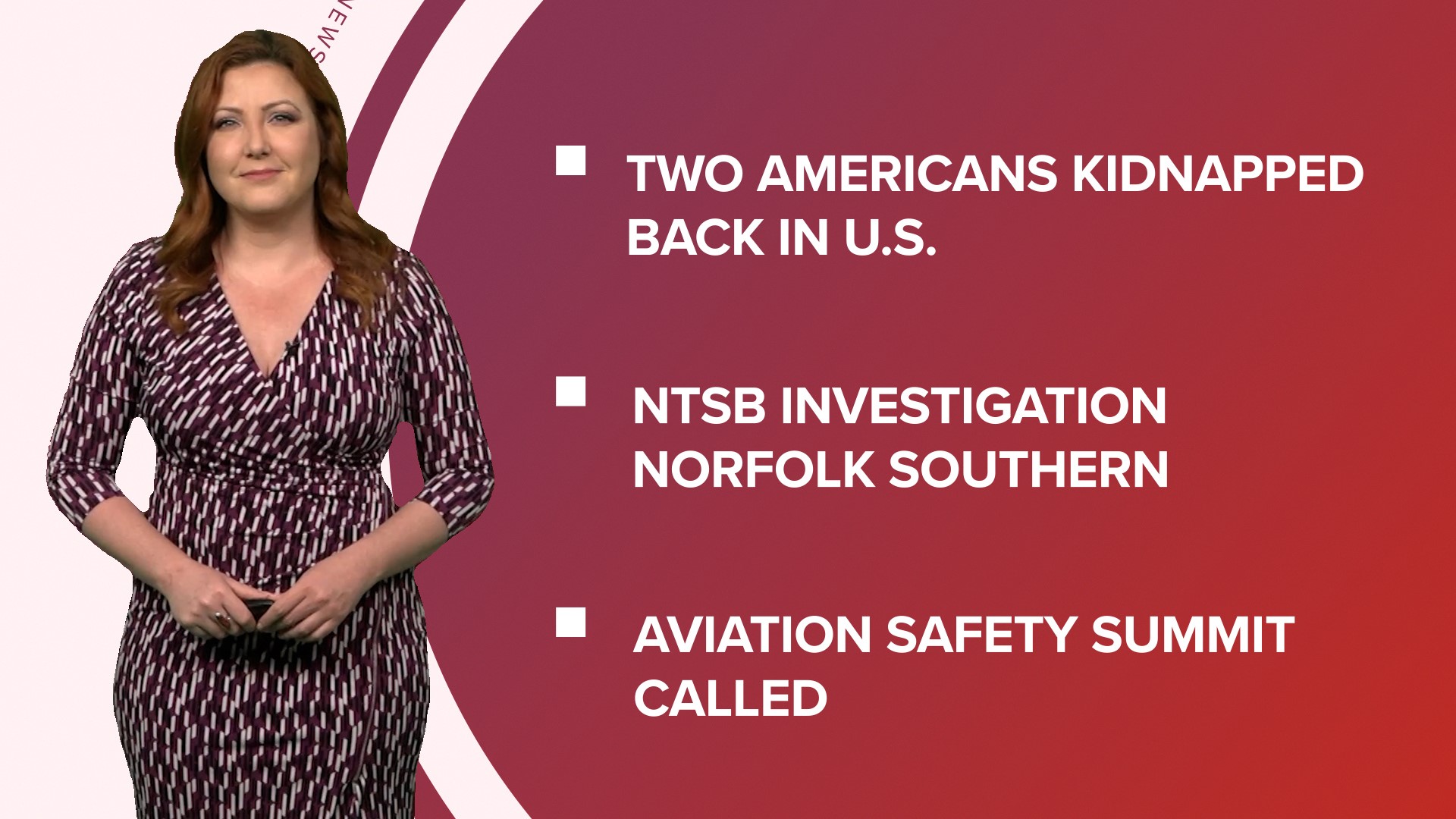WASHINGTON — Officials have released a consumer alert, reminding everyone that D.C. restaurants are barred from charging "deceptive fees."
These fees include additional vague percentage increases added to diner's bills that were not expected.
According to the Office of the Attorney General for the District of Columbia (OAG), people have been worried about questionable fees and surcharges at restaurants and whether those fees are allowed, and what they can be used for.
There are rules set in place to protect customers from deceptive restaurant fees, thanks to the District's Consumer Protection Procedures Act. The act grants D.C. consumers the right to complete, accurate, and timely information whenever they purchase goods or services—including when they place orders at restaurants, according to the OAG. This means that while restaurants are allowed to charge fees, they are not allowed to hide them, obscure them in fine print or only disclose them once an order has been placed.
All restaurants in D.C. must inform customers of why the fees are being charged.
While that fee may be frustrating to see on your bill, the OAG says it is legal to tag on additional fees when following three steps:
1. The fee or surcharge must be disclosed at the beginning of the ordering process. This must include the type and amount of the fee. Servers can tell you about the fee verbally or it needs to be disclosed in bold print on the menu.
2. The reason for the fee must be accurately described, either by naming the fee clearly, like "work health insurance fee," or explaining how it is used.
3. The fees must be used exclusively for the purpose disclosed to the customer. For example, service fees must go fully and directly to service workers unless otherwise disclosed.
These fees are illegal if a restaurant tries to bury the information in fine print on the menu, they fail to disclose the amount or percentage until the bill is given at the end of the meal, fees collected from diners are used in a way other than disclosed or if the establishment uses misleading language that fails to convey how the fee will be used. An example of misleading language would be charging a "restaurant recovery" fee without explaining what the fee will assist in recovering.
The OAG says the rules apply both when sales are made in person and when placed online.
If a restaurant is found to be charging deceptive fees, the OAG says they could face penalties and charges in addition to giving diners a refund.
If you have visited a restaurant you believe is charging deceptive fees, the OAG urges you to fill out an online complaint form, or you can contact officials by calling (202) 442-9828 or emailing consumer.protection@dc.gov

